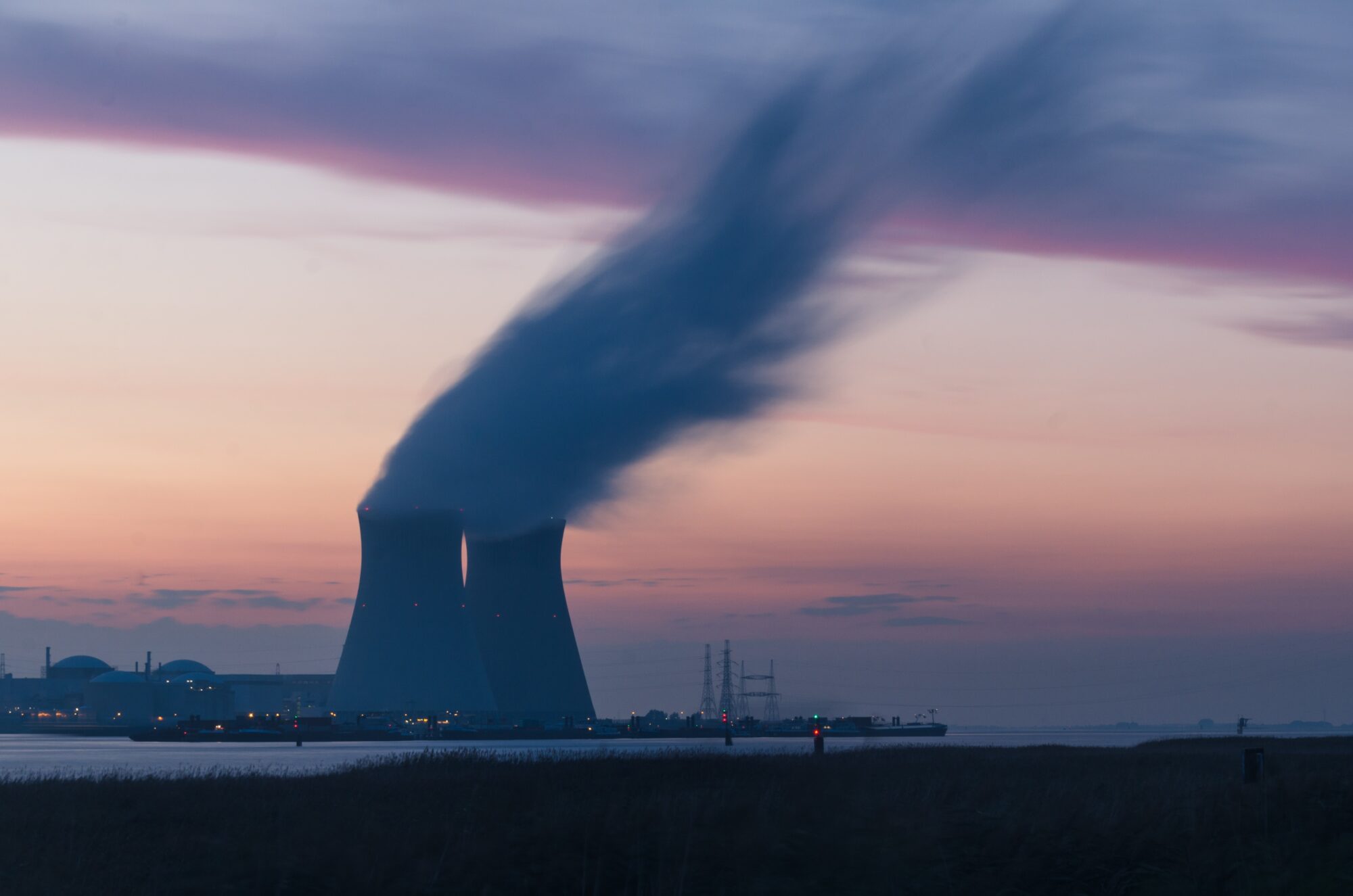
Niger is jacking up the price of its uranium—at least that is the rumour circulating in African media and on social media.
“The new administration in Niger has raised the price of uranium exports. Niger provides 25% of the uranium that Europe consumes. The West African state has taken the bold step of increasing its uranium prices from €0.80/kg to €200.00/kg. Will EU states need firewood for the coming winter?” the Mint Press tweeted.
The new administration in Niger has raised the price of uranium exports.
— MintPress News (@MintPressNews) September 5, 2023
Niger provides 25% of the uranium that Europe consumes. The West African state has taken the bold step of increasing its uranium prices from €0.80/kg to €200.00/kg.
Will EU states need firewood for the… pic.twitter.com/laspQ48C9O
Other African media sites have also issued the same report. It’s reminiscent of reports that were circulated in July—just after the coup d’etat—that the military junta had halted exports of uranium.
Those rumours turned out to be false, and these seem impossible to be true. The spot market price for uranium is currently just over $56 a pound, well under what the Nigerien junta reportedly wants to charge.
Nevertheless, the question of French exploitation of uranium is fuelling anti-French sentiment. Global news DW reports that on September 4th—the same day the news that the military junta was raising the price of uranium from a mere cents on the kilo to hundreds of euros—the largest anti-French demonstration yet took place outside the French military base in the country’s capital.
“We’re fed up. They’ve plundered our resources. We’ve become aware of it,” one protestor said. “Get out.”
“People say that people get paid to go out and protest. That’s a thing of the past,” another protestor told reporters.
It’s the people of Niger who are out here. You’d have to be blind not to see it. We’re fed up. We want to be responsible for ourselves. People think we’re babies. Leave us alone. Is that too much? Leave our country and leave us alone.
France, the former colonial ruler of Niger, has been mining uranium in the African country since the 1970s. About three-fourths of Niger’s uranium goes to France, and its former colonial power is still the principal mining investor in the country through the French state-owned mining company Orano. Other mining players from China to Canada have entered Niger in the last two decades but France remains the dominant mining investor. The World Nuclear Association notes that investing in mines abroad is a strategy that nations use to avoid paying market rates for minerals.
“Everyone in Niger feels this partnership is very unequal,” Mahaman Laouan Gaya, a former Nigerien energy minister and, until 2020, the secretary general of the Organization of African Petroleum Producers (APPO), told DW on September 4th.
He cited 2010 statistics showing the discrepancy between the market value of Nigerien uranium and what France paid for the mineral. Niger, he wrote, exported uranium worth €3.5 billion ($3.8 billion) to France in 2010 but received only €459 million in return.
Nigerien resentment is not new. A 2022 article in France24 cited several sources that expressed indignation at the unjust exploitation of Nigerien uranium by France.
Niger has been negotiating better benefits for itself in relation to foreign mining companies over the last fifteen years. In 2007, former president Mamadou Tandja successfully negotiated a 40% increase in price for uranium paid by Orono and the company is now subject to taxes it was formerly exempt from.
Even if the junta doesn’t manage to get France to pay €200 a kilo for the uranium it extracts, it seems likely that the more influence France loses in Niger, the more it will have to pay for the country’s natural resources.
